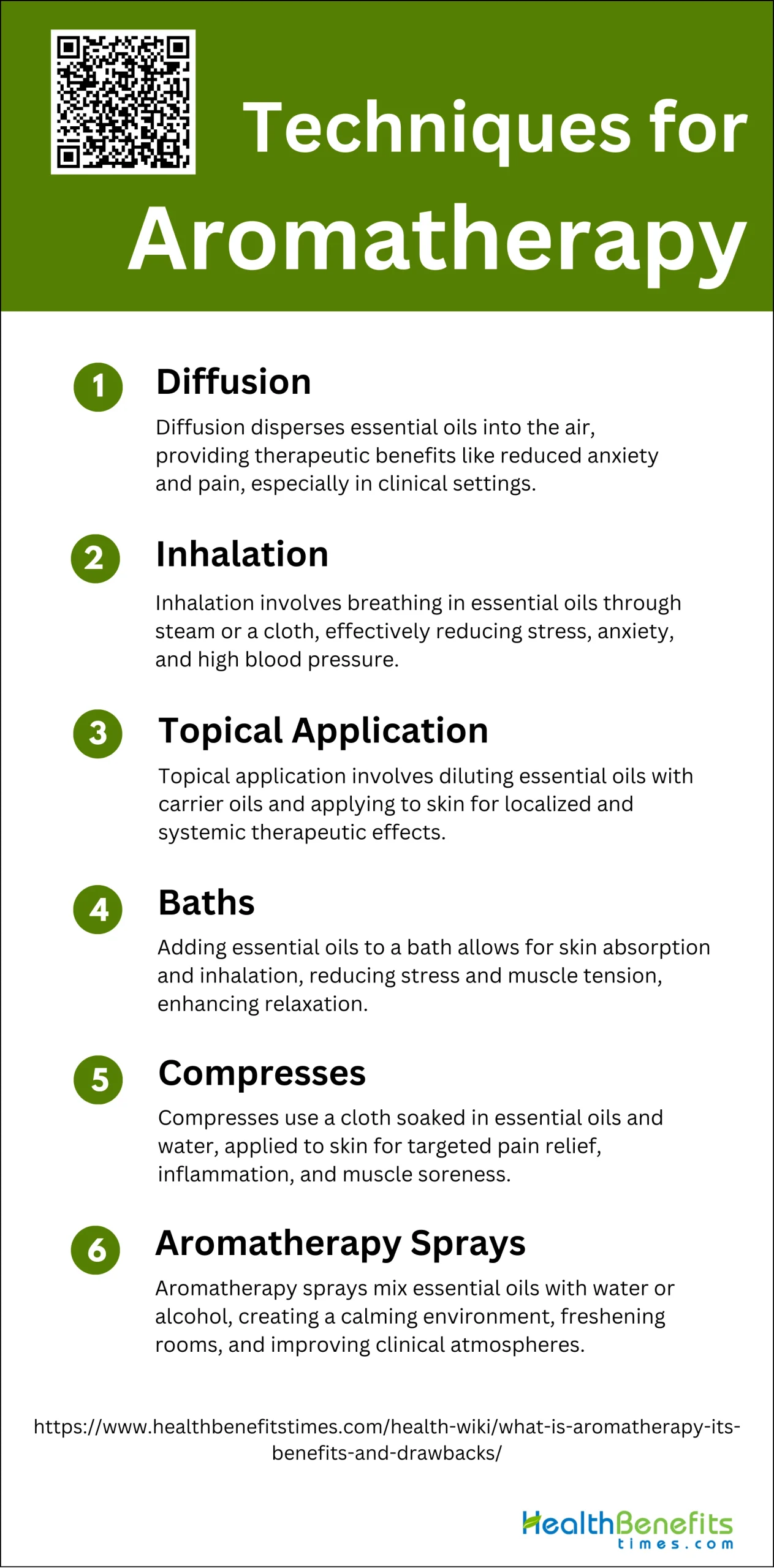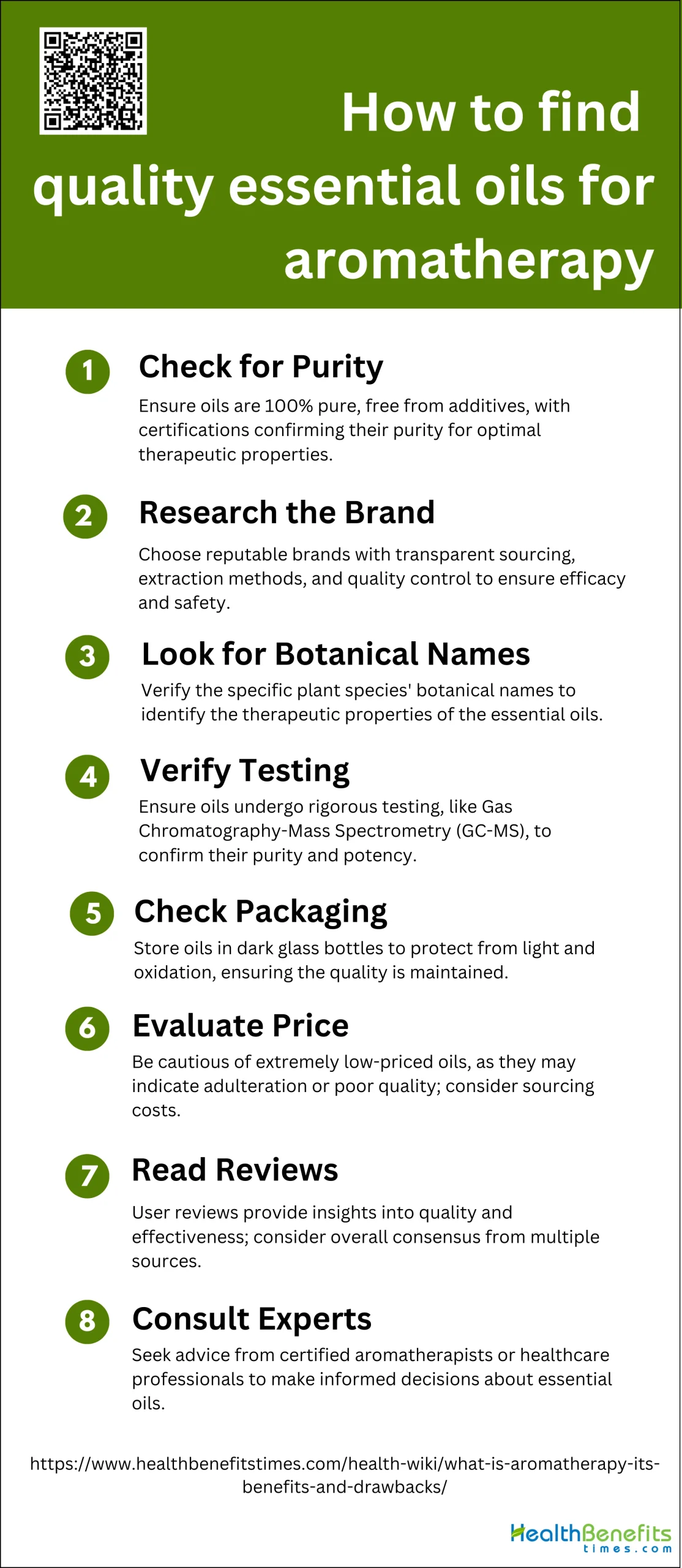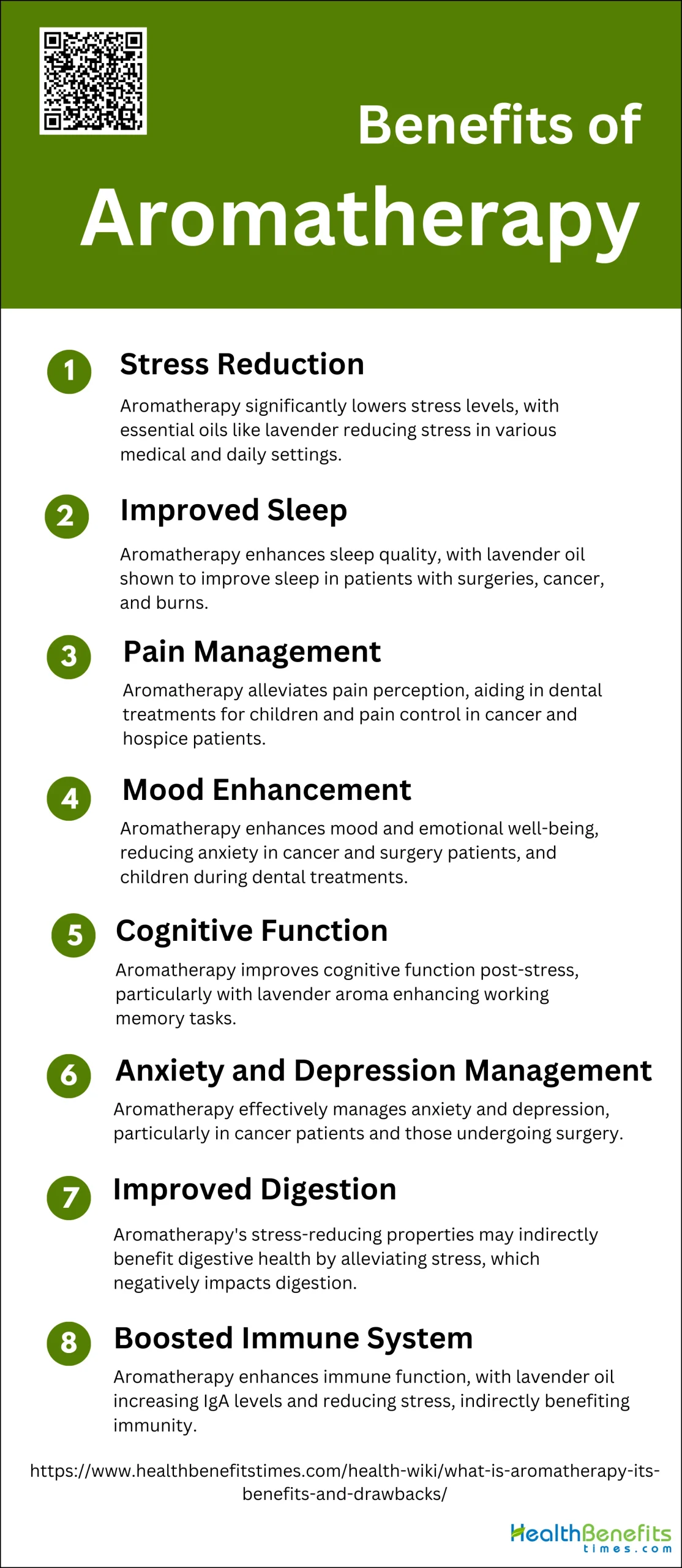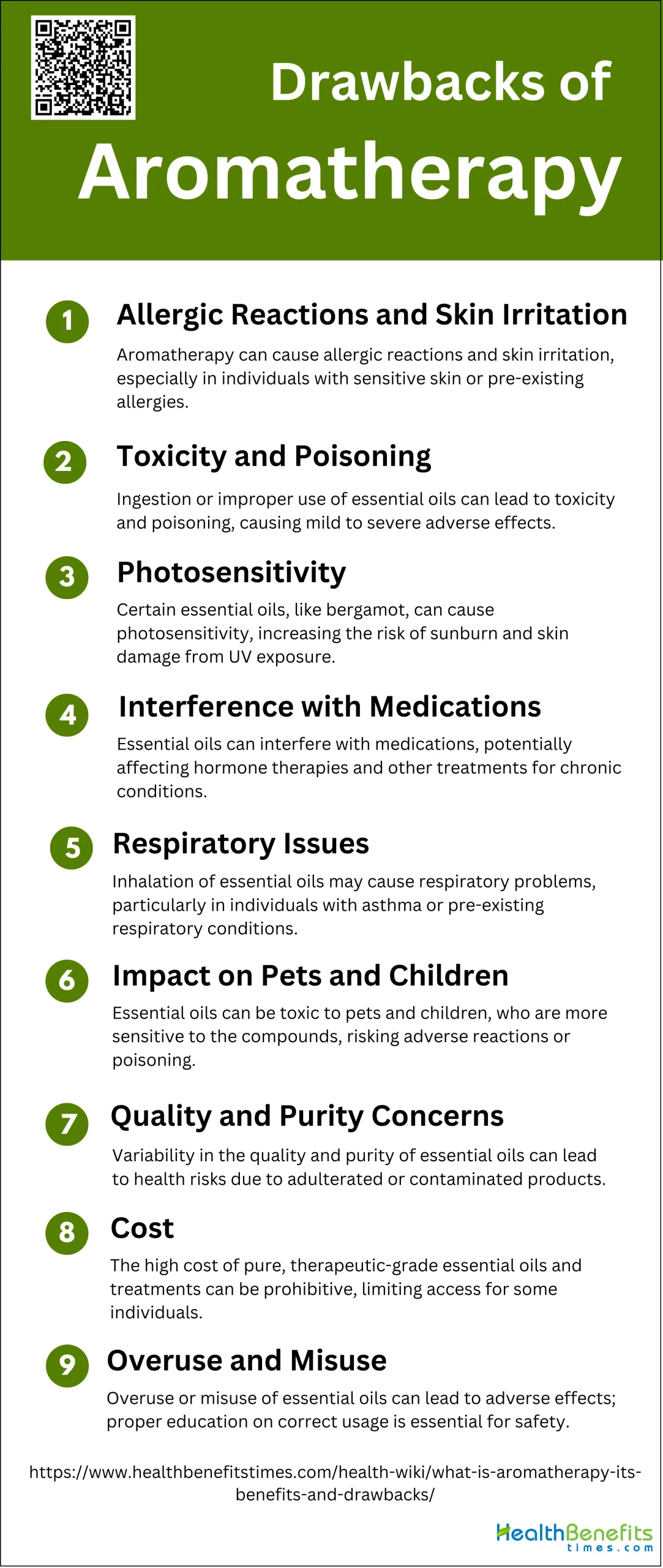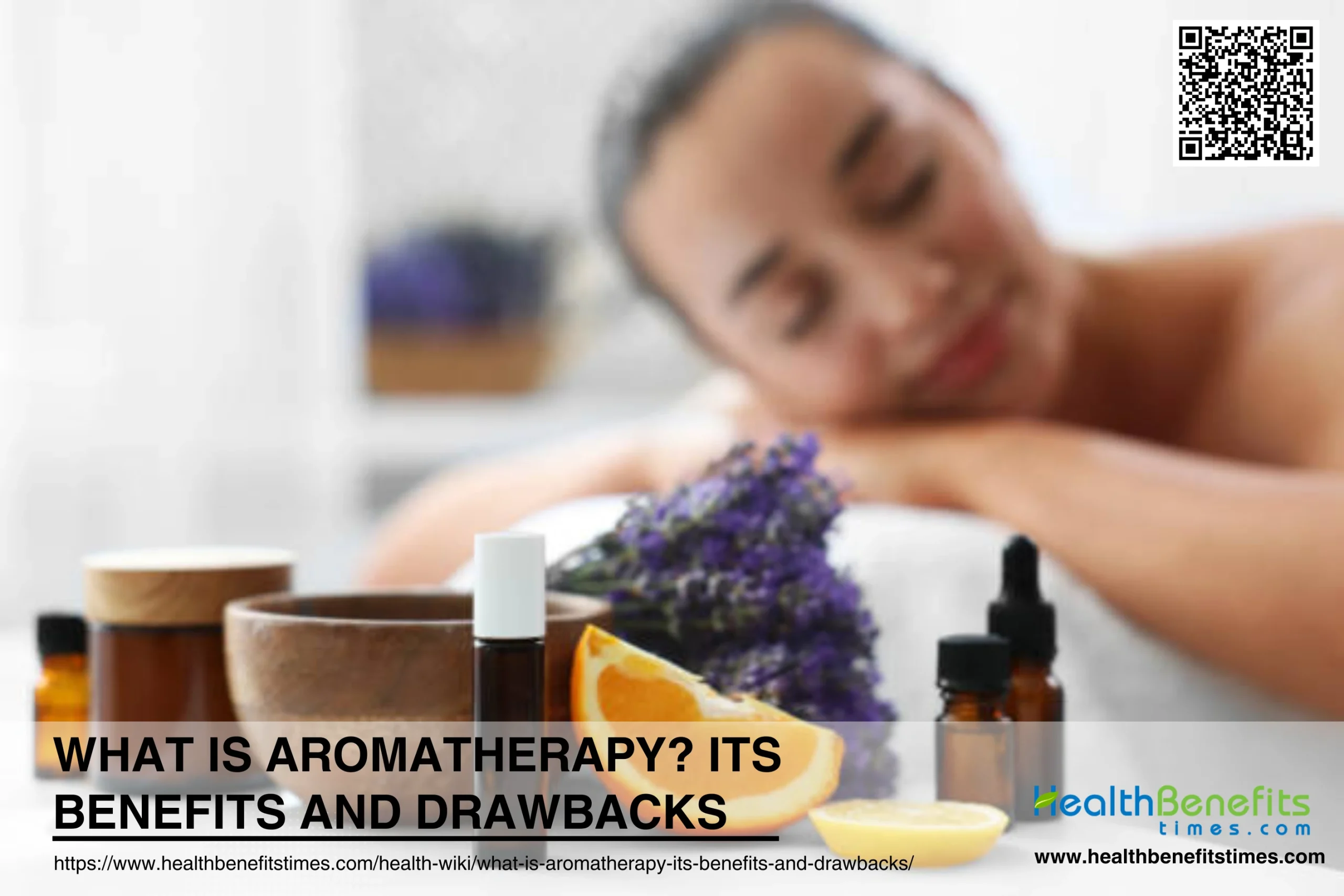 Aromatherapy is a natural therapeutic technique that involves the use of essential oils extracted from fresh plants for various purposes. Essential oils are volatile aromatic compounds obtained through distillation or expression from different parts of plants, such as flowers, leaves, bark, or roots. These oils possess unique scents and therapeutic properties that can influence physical, emotional, and psychological well-being. Aromatherapy harnesses the potential benefits of essential oils through inhalation, topical application, or other methods, aiming to promote relaxation, alleviate stress and anxiety, improve sleep quality, and address various health concerns. The practice of aromatherapy is rooted in the belief that the aromatic compounds in essential oils can interact with the body’s olfactory system and potentially influence physiological and psychological processes.
Aromatherapy is a natural therapeutic technique that involves the use of essential oils extracted from fresh plants for various purposes. Essential oils are volatile aromatic compounds obtained through distillation or expression from different parts of plants, such as flowers, leaves, bark, or roots. These oils possess unique scents and therapeutic properties that can influence physical, emotional, and psychological well-being. Aromatherapy harnesses the potential benefits of essential oils through inhalation, topical application, or other methods, aiming to promote relaxation, alleviate stress and anxiety, improve sleep quality, and address various health concerns. The practice of aromatherapy is rooted in the belief that the aromatic compounds in essential oils can interact with the body’s olfactory system and potentially influence physiological and psychological processes.
How Aromatherapy Works?
Aromatherapy works through the use of essential oils, which are believed to have therapeutic properties that can influence both the mind and body. The essential oils are typically inhaled or applied to the skin, allowing their active compounds to interact with the body’s olfactory system and skin receptors. Studies have shown that aromatherapy can have a range of effects, such as reducing anxiety and stress, improving mood, and alleviating symptoms of depression and fatigue. For instance, lavender oil has been found to improve mood and reduce anxiety in patients in intensive care units, while Melissa oil has shown effectiveness in reducing agitation in patients with severe dementia. Additionally, aromatherapy has been reported to help with postpartum complications, including depression and stress, and to alleviate some complications in hemodialysis patients, such as anxiety and pain. Despite these positive findings, the quality of research varies, and more rigorous studies are needed to fully understand the mechanisms and efficacy of aromatherapy.
Techniques for aromatherapy
Aromatherapy is a holistic healing treatment that uses natural plant extracts to promote health and well-being. Here are some common techniques used in aromatherapy:
1. Diffusion
Diffusion is a popular method of aromatherapy where essential oils are dispersed into the air using a diffuser. This technique allows the oils to be inhaled, which can have various therapeutic effects. For instance, studies have shown that diffusing lavender oil can significantly reduce anxiety and pain in patients undergoing cardiac surgery. Additionally, diffusion is often used in clinical settings to create a calming environment, which can be beneficial for patients with behavioral and psychological symptoms of dementia (BPSD). The method is simple, non-invasive, and can be easily integrated into daily routines.
2. Inhalation
Inhalation involves directly breathing in the aroma of essential oils, often through steam or by using a few drops on a cloth. This method has been shown to be effective in reducing stress and anxiety. For example, inhalation of lavender oil significantly reduced anxiety and pain in hemodialysis patients. Another study found that inhalation aromatherapy with a blend of essential oils, including lavender, ylang-ylang, and bergamot, effectively reduced blood pressure and stress responses in clients with essential hypertension. Inhalation is a quick and effective way to experience the benefits of essential oils.
3. Topical Application
Topical application involves applying essential oils directly to the skin, often diluted with a carrier oil. This method allows the oils to be absorbed into the bloodstream, providing localized and systemic effects. For instance, lavender oil applied topically has been found to reduce pain and anxiety in patients undergoing labor. Additionally, topical application is commonly used in massage therapy to relieve muscle pain and improve overall well-being. This method is versatile and can be tailored to target specific areas of the body.
4. Baths
Adding essential oils to a bath is another effective way to utilize aromatherapy. The warm water helps to open pores, allowing the oils to be absorbed into the skin while the steam facilitates inhalation. This dual action can enhance relaxation and alleviate symptoms such as stress and muscle tension. Studies have shown that aromatherapy baths can be particularly beneficial for reducing labor pain and anxiety. This method is not only therapeutic but also provides a soothing and immersive experience.
5. Compresses
Compresses involve soaking a cloth in a mixture of water and essential oils and then applying it to the skin. This method can be used for both hot and cold compresses, depending on the desired effect. Compresses are often used to relieve localized pain, inflammation, and muscle soreness. For example, a study highlighted the use of compresses with essential oils to manage symptoms in patients with various ailments, including respiratory problems and swollen joints. This technique is simple yet effective for targeted relief.
6. Aromatherapy Sprays
Aromatherapy sprays are created by mixing essential oils with water or alcohol in a spray bottle. These sprays can be used to freshen up a room, linens, or even as a personal body mist. They are particularly useful for creating a calming environment and can be easily carried and used throughout the day. Research has shown that spraying essential oils like lavender in clinical settings can help reduce anxiety and improve the overall atmosphere for patients. Aromatherapy sprays offer a convenient and portable way to enjoy the benefits of essential oils.
How to find quality essential oils for aromatherapy
Finding high-quality essential oils for aromatherapy can be a daunting task given the plethora of options available. To ensure you are selecting the best products, consider the following key factors. These guidelines will help you make informed decisions and enhance your aromatherapy experience:
1. Check for Purity
When selecting essential oils for aromatherapy, it is crucial to ensure their purity. Pure essential oils are free from additives, synthetic ingredients, and dilutions, which can affect their therapeutic properties. For instance, the study on the formulation of aromatherapy massage oils emphasizes the importance of using pure essential oils to achieve the desired physical properties and consumer preferences. Therefore, always look for oils labeled as 100% pure and check for any certifications or third-party testing results that confirm their purity.
2. Research the Brand
Researching the brand is essential to ensure you are purchasing high-quality essential oils. Reputable brands often provide detailed information about their sourcing, extraction methods, and quality control processes. For example, a comprehensive review on aromatherapy highlights the significance of using essential oils from trusted sources to ensure their efficacy and safety. Look for brands with positive reviews, transparent practices, and a commitment to quality.
3. Look for Botanical Names
The botanical name of an essential oil indicates its specific plant species, which is important for identifying its therapeutic properties. For instance, the study on the antibacterial activities of essential oils specifies the botanical names of lavender (Lavandula angustifolia), rosemary (Rosmarinus officinalis), and ylang-ylang (Cananga odorata) to highlight their unique properties. Always check the label for the botanical name to ensure you are getting the correct oil for your needs.
4. Verify Testing
Quality essential oils should undergo rigorous testing to ensure their purity and potency. Testing methods such as Gas Chromatography-Mass Spectrometry (GC-MS) can identify the chemical composition of the oils. The study on the effects of aromatherapy on cardiovascular diseases underscores the importance of using well-tested essential oils to achieve therapeutic benefits. Verify that the brand provides access to testing results and certificates of analysis for their products.
5. Check Packaging
Proper packaging is crucial for maintaining the quality of essential oils. Essential oils should be stored in dark glass bottles to protect them from light and oxidation, which can degrade their quality. The study on the formulation of aromatherapy candles with rose essential oils highlights the importance of packaging in preserving the oils’ properties. Avoid oils sold in plastic or clear bottles, as these can compromise the oil’s integrity.
6. Evaluate Price
While price is not always an indicator of quality, extremely low-priced essential oils may be a red flag for adulteration or poor quality. The study on the effect of aromatherapy massage on hemodialysis patients suggests that high-quality essential oils can have significant therapeutic benefits. Therefore, be cautious of prices that seem too good to be true and consider the cost of sourcing and producing pure essential oils.
7. Read Reviews
Reading reviews from other users can provide valuable insights into the quality and effectiveness of essential oils. Reviews can highlight any issues with the product, such as inconsistencies in scent or effectiveness. The study on the use of Melissa essential oil for agitation in dementia patients demonstrates the importance of user feedback in evaluating the oil’s efficacy. Look for reviews on reputable websites and consider the overall consensus from multiple users.
8. Consult Experts
Consulting experts in aromatherapy can help you make informed decisions about which essential oils to use. Experts can provide recommendations based on their knowledge and experience with different oils and brands. The systematic review on aromatherapy as a complementary therapy for cardiovascular disease emphasizes the value of expert guidance in selecting the right oils for specific health conditions. Seek advice from certified aromatherapists or healthcare professionals who specialize in aromatherapy.
Benefits of Aromatherapy
Aromatherapy offers a wide range of benefits that can enhance both physical and emotional well-being. By using essential oils, you can experience improvements in mood, relaxation, and overall health. Here are some key benefits of incorporating aromatherapy into your daily routine:
1. Stress Reduction
Aromatherapy has been shown to significantly reduce stress levels. In a randomized controlled trial, inhalation of essential oils such as lemon, eucalyptus, tea tree, and peppermint resulted in lower perceived stress levels among participants. Another study found that lavender essential oil inhalation reduced mental stress in patients undergoing coronary artery bypass surgery. Additionally, aromatherapy massage with lavender oil was effective in reducing stress in pregnant women.
2. Improved Sleep
Aromatherapy can enhance sleep quality. A study on colorectal surgery patients demonstrated that aromatherapy massage with lavender oil significantly improved sleep quality. Similarly, a randomized controlled trial in a hospice setting found that both aromatherapy massage and regular massage improved sleep scores in patients with advanced cancer. Furthermore, aromatherapy massage with lavender and chamomile oils improved sleep quality in burn patients.
3. Pain Management
Aromatherapy has been found to alleviate pain perception. For instance, lavender aromatherapy reduced pain perception during dental treatments in children. In cancer care, aromatherapy massage provided short-term improvements in pain control. Additionally, a hospice study indicated that massage, including aromatherapy massage, could help manage pain in patients with advanced cancer.
4. Mood Enhancement
Aromatherapy can enhance mood and emotional well-being. A systematic review and meta-analysis found that aromatherapy was effective in relieving anxiety in cancer patients. Another study showed that aromatherapy massage with lavender oil reduced anxiety levels in colorectal surgery patients. Moreover, lavender aromatherapy decreased anxiety and improved mood in children during dental treatments.
5. Cognitive Function
Aromatherapy may improve cognitive function following acute stress. A study found that lavender aroma significantly benefited post-stress performance on working memory tasks. The study suggested that the beneficial effects were due to a combination of aroma-specific pharmacologic properties, aroma hedonic properties, and participant expectations.
6. Anxiety and Depression Management
Aromatherapy has been shown to manage anxiety and depression effectively. A systematic review and meta-analysis indicated that aromatherapy was effective in relieving anxiety in cancer patients, although it did not significantly affect depression. Another study found that aromatherapy massage with lavender oil reduced anxiety levels in colorectal surgery patients. Additionally, aromatherapy massage improved anxiety and depression scores in a hospice setting.
7. Improved Digestion
While the provided data does not directly address improved digestion, aromatherapy’s stress-reducing properties could indirectly benefit digestive health. Stress is known to negatively impact digestion, and by reducing stress, aromatherapy may help improve digestive function.
8. Boosted Immune System
Aromatherapy can enhance immune function. A study on pregnant women found that aromatherapy massage with lavender oil significantly increased immunoglobulin A (IgA) levels, indicating enhanced immune function. Another study suggested that aromatherapy could improve immune state by reducing stress, although it did not find significant changes in physiological parameters.
Popular Essential Oils in Aromatherapy
Aromatherapy, the therapeutic use of essential oils, has gained popularity for its potential health benefits. Lavender essential oil is frequently used for its calming properties, as demonstrated in studies on stress reduction and improvement of daily living activities in patients with knee osteoarthritis. Melissa officinalis (lemon balm) essential oil has shown effectiveness in reducing agitation in severe dementia patients, enhancing their quality of life. Essential oils like lavender, rosemary, and ylang-ylang also exhibit antibacterial properties, contributing to better air quality. The diverse applications of essential oils in aromatherapy highlight their potential in complementary medicine for both physical and mental health.
Popular Essential Oils in Aromatherapy
| Essential Oil | Benefits |
| Lavender | Promotes relaxation, helps with anxiety, improves sleep quality, and can soothe skin irritations. |
| Peppermint | Increases energy, aids digestion, relieves headaches, and can improve concentration. |
| Eucalyptus | Supports respiratory health, helps to clear congestion, and has antimicrobial properties. |
| Tea Tree | Known for its antiseptic properties, it can help with skin issues and boost the immune system. |
| Lemon | Uplifting, helps to improve mood, and can be used as a natural disinfectant. |
| Chamomile | Calming, helps with sleep and reducing stress, and can soothe skin conditions. |
| Rosemary | Stimulates the mind, improves memory, and can relieve muscle aches and pains. |
| Frankincense | Aids in relaxation, reduces stress and anxiety, and can help rejuvenate the skin. |
| Sandalwood | Helps with mental clarity, relaxation, and can also assist in meditation practices. |
| Ylang Ylang | Promotes a positive outlook, can reduce stress and anxiety, and is often used in romantic blends. |
| Bergamot | Often used for stress relief, skin conditions like eczema, and may help with digestion issues. |
| Geranium | Believed to help balance hormones, alleviate anxiety, and improve skin health. |
| Jasmine | May help with depression, childbirth, and libido. It’s also known for its uplifting properties. |
| Rose | Often used for its calming properties, it may also help with hormonal health and skin rejuvenation. |
| Clary Sage | Known for its calming effects and potential to ease menstrual cramps and hormonal imbalances. |
| Patchouli | May help with skin conditions, stress relief, and anxiety. It’s also commonly used in meditation. |
| Grapefruit | Uplifting and energizing, it may also contribute to a healthy metabolism and skin health. |
Drawbacks of Aromatherapy
While aromatherapy offers numerous benefits, it is important to be aware of its potential drawbacks. Misuse or overuse of essential oils can lead to adverse reactions and other health issues. Here are some common drawbacks associated with aromatherapy:
1. Allergic Reactions and Skin Irritation
Aromatherapy can cause allergic reactions and skin irritation, particularly in individuals with sensitive skin or pre-existing allergies. For instance, a case report detailed a 45-year-old woman who developed dermatitis on her hands, forearms, legs, and face after using essential oils for pain relief post-surgery. Patch testing confirmed that her contact allergies were directly related to the essential oils used in her aromatherapy regimen. Similarly, occupational contact dermatitis from essential oils has been reported among masseurs, indicating a high risk of allergic reactions in those frequently exposed to these substances.
2. Toxicity and Poisoning
The potential for toxicity and poisoning is a significant concern with aromatherapy, especially when essential oils are ingested or used inappropriately. A systematic review of case reports and case series found that 71 patients experienced adverse effects from aromatherapy, ranging from mild to severe, including one fatality. The most common adverse effect was dermatitis, but the review highlighted the potential for more serious outcomes, questioning the overall safety of aromatherapy.
3. Photosensitivity
Certain essential oils used in aromatherapy can cause photosensitivity, making the skin more susceptible to sunburn and damage when exposed to sunlight. This is particularly problematic with oils like bergamot, which contain compounds that can increase the skin’s sensitivity to UV radiation. While specific cases of photosensitivity were not detailed in the provided papers, the general risk is well-documented in the literature on essential oils and their effects on the skin.
4. Interference with Medications
Aromatherapy can interfere with the effectiveness of medications, posing risks for individuals with chronic conditions or those undergoing specific treatments. For example, essential oils like lavender and tea tree oil have been shown to have hormonal effects that could potentially interfere with hormone therapies or other medications. The systematic review of adverse effects also noted the potential for serious interactions, although specific cases were not detailed in the provided papers.
5. Respiratory Issues
Inhalation of essential oils can lead to respiratory issues, particularly in individuals with pre-existing respiratory conditions such as asthma. While the provided papers did not specifically address respiratory issues, the potential for such adverse effects is a known concern in the use of aromatherapy. Essential oils can act as irritants, exacerbating conditions like asthma or causing new respiratory symptoms in sensitive individuals.
6. Impact on Pets and Children
Aromatherapy can have adverse effects on pets and children, who are often more sensitive to the potent compounds found in essential oils. For instance, essential oils like tea tree oil and eucalyptus can be toxic to pets, causing symptoms ranging from mild irritation to severe poisoning. Children, with their developing systems, are also at higher risk of adverse reactions, making it crucial to use aromatherapy with caution in households with pets and young children.
7. Quality and Purity Concerns
The quality and purity of essential oils used in aromatherapy can vary significantly, leading to potential health risks. Adulterated or contaminated oils can cause unexpected adverse reactions. The systematic review highlighted the lack of regulation and standardization in the production of essential oils, which can result in products of varying quality and safety. This variability underscores the importance of sourcing high-quality, pure essential oils from reputable suppliers.
8. Cost
The cost of high-quality essential oils and aromatherapy treatments can be prohibitive for some individuals. While not directly addressed in the provided papers, the financial burden of purchasing pure, therapeutic-grade essential oils and related products can add up over time. This cost factor can limit access to aromatherapy for those who might benefit from it, particularly when considering the need for ongoing use to manage chronic conditions or symptoms.
9. Overuse and Misuse
Overuse and misuse of essential oils in aromatherapy can lead to adverse effects and diminish the potential benefits. The systematic review of adverse effects noted that improper use, such as applying undiluted oils directly to the skin or ingesting oils without proper guidance, can result in serious health issues. Education on the correct use of essential oils is crucial to prevent overuse and misuse, ensuring that individuals can safely enjoy the benefits of aromatherapy.


